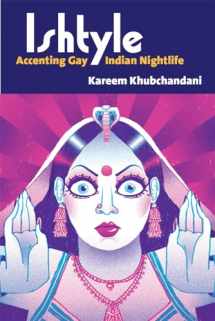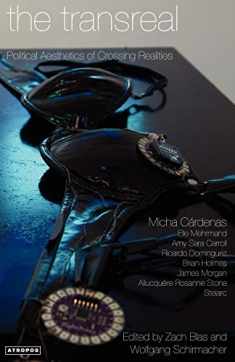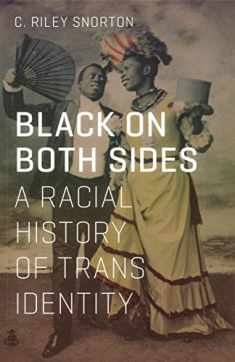
Ishtyle: Accenting Gay Indian Nightlife (Triangulations: Lesbian/Gay/Queer Theater/Drama/Performance)
Book details
Summary
Description
Ishtyle: Accenting Gay Indian Nightlife follows queer South Asian men across national, regional, and urban borders into gay neighborhoods, nightclubs, bars, and house parties in Bangalore and Chicago. As migrants and transnational laborers, these men do not always reflect the dominant modes of dress, hairstyle, musical taste, or dance moves of their more cosmopolitan counterparts. Bringing the cultural practices they are most familiar with into these spaces, these men accent the aesthetics of nightlife cultures through performance. Kareem Khubchandani develops the notion of "ishtyle" to name this accented style, while also showing how brown bodies inadvertently become accents themselves, ornamental inclusions in the racialized grammar of desire. Ishtyle allows us to reimagine a global class perpetually represented as docile and desexualized workers caught in the web of global capitalism. The book highlights a different kind of labor, the embodied work these men do to feel queer and sexy together. Engaging major themes in queer studies, Khubchandani explains how his interlocutors' performances on the dance floor stage relationships between: colonial law and public sexuality; film divas and queer fans; and race, caste, and desire. Ultimately, the book demonstrates that while gay nightlife is discursively envisioned as an exceptional site of escape, utopia, and pleasure, it is actually imbricated in sociopolitical structures of the everyday. As such, the unlikely site of nightlife becomes a productive venue for the study of global politics and its institutional hierarchies.


We would LOVE it if you could help us and other readers by reviewing the book
Book review





